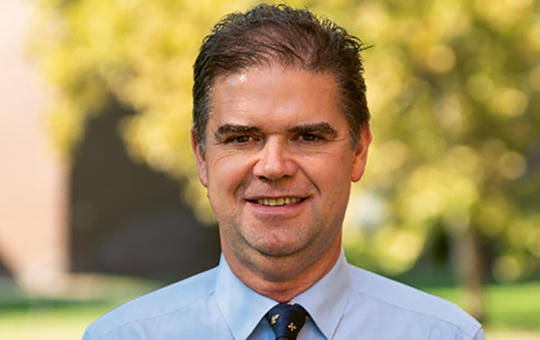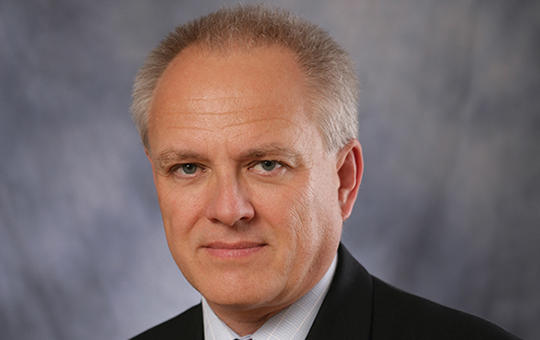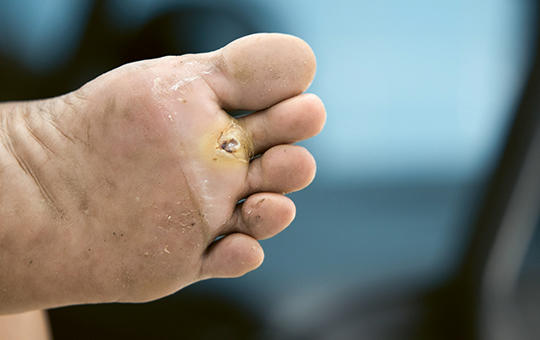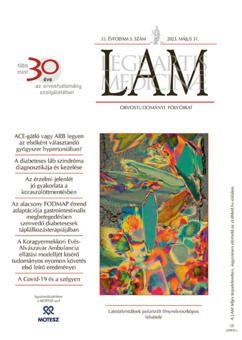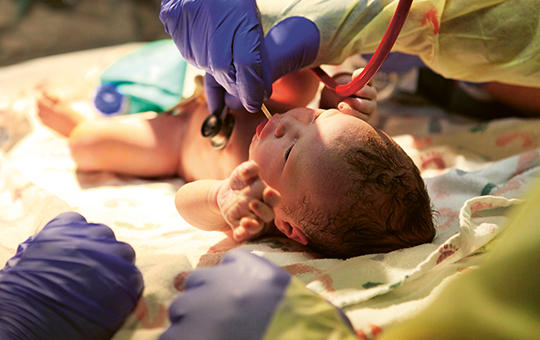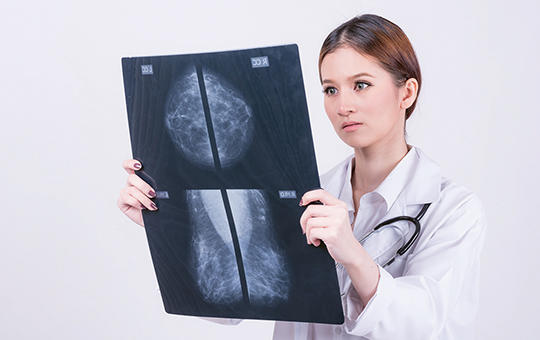The eLitMed.hu medical portal uses computer cookies for convenient operation. Detailed information can be found in the Cookie-policy.
Lege Artis Medicinae - 2023;33(5)
Content
[Angiotensin-convertase inhibitor or angiotensin-receptor blocker should be the first choice in treating hypertensive patients?]
[The inhibitors of RAAS (ACE-inhibitors and ARBs) are equally first-choice agents according to both the overseas and European (including the Hungarian) hypertension-guidelines. Nevertheless, medical practitioners prefer rather the ACE-inhibitors than the ARBs. This review aims to show the differences, the available direct comparisons, the meta-analyses as top evidences and the real-world experiences between the two drug classes. Based on these, there is no significant difference in the cardiovascular outcomes (myocardial infarction, heart failure, and stroke) of the groups treated with ACE-inhibitors or ARBs respectively. However, adverse events, which may interrupt the treatment, like cough or angioneurotic oedema joining sometimes the ACE-inhibitor therapy, were much more frequent than during the ARBs administration.]
[The role of primary care in recognising and treating the diabetic foot syndrome]
[The number of major lower limb amputations in Hungary is about 2.5 times above the Western European average. Half of the amputee patients are diabetics. The pathomechanism of diabetic foot complications is complex. Among these complications there must be emphasized the diabetic neuropathy, peripheral vascular disease, static and dynamic foot transformations, external trauma, and infections. These are combined by varying degrees in a specific patient. According to international experiences, individuals at risk can be identified through systematic screening of the entire diabetic population, organized screening of whom may lessen significantly the annual incidence of new foot syndrome cases. Successful care of diabetic foot complications requires simultaneous treatment of lower limb ischaemia, infection control, conservative surgical operations, and the foot’s offloading. In Hungary, there are inevitable future actions the involvement of podiatrists in caring of these patients and establishment of a national network of multidisciplinary teams in order to reduce the rate of lower limb amputations of diabetic patients.]
[Adaptation of low FODMAP diet to the nutrition therapy of diabetic patients with functional gastrointestinal and inflammatory diseases]
[Diabetes is considered as one of the leading chronic non-communicable diseases and a risk factor of further diseases throughout the world treating of which there is essential the properly designed diet. In addition to diabetes, inflammatory bowel diseases affecting the gastrointestinal system, further functional gastrointestinal conditions are also presenting an increasing trend. The low FODMAP diet (containing fermentable carbohydrates in low amount) developed by the research group of the Monash University in Australia has high medical evidence in the dietary therapy of the latter group of patients, which relieves symptoms in 3 out of 4 irritable bowel syndrome patients and in 78% of inflammatory bowel patients.
In our day-to-day practice, we often experience the co-occurrence of diabetes with functional or inflammatory gastrointestinal conditions. In these parallel cases, there is essential the coordination of the low FODMAP diet with dietary therapy of diabetes is necessary, which is a serious challenge for all patients. In this study we tried to answer the question of harmonizing the two types of diet and support its practical implementation.]
[First descriptive results of scientific monitoring the care model in the early childhood eating and sleep disorders outpatient clinic]
[In the last one of our three-part study we present the first empirical results of scientific monitoring of the care model practised in the Madarász Street Early Childhood Eating and Sleep Disorder Outpatient Clinic at the Heim Pál National Institute of Pediatrics.
Data collection lasted from July 1, 2018 to December 31, 2020. During this 30-month period we obtained research data in 608 cases by medical history questionnaires and patient path records. The full set of measurement instruments has been presented in the second part of our study.
Data of 307 male and 301 female children (mean age of 16.20 ± 8.83 months) were included. The distribution of symptoms was as follows: eating disorders (n = 501), sleep disorders (n = 214), both combined (n = 111). Most families visited the clinic by admission of their general practitioner (n = 234) and other specialists (n = 211). The outpatient clinic protocol included a pediatric medical examination and consultation in all 608 cases. Along the patient pathways, families consulted also special education therapists (n = 248), psychologists (n = 154), and dieticians (n = 176).
Comparing our results with the international literature, we have found similar diagnostic and therapeutic aspects in managing eating and sleep disorders. Based on our results the interdisciplinary teamwork of the outpatient clinic proved to be an effective model in the management of eating and sleep disorders of the early childhood. ]
[Interdisciplinary team options: 10 years good practice of emotional presence care in rescuing premature babies]
[Care and transport of critically ill new-born babies cannot lack either the means of neonatal intensive care or applying the latest achievements of affective psychology. The present descriptive study concerns the history of interdisciplinary cooperation, the methods and stages of developing the protocols further the options of bedside adaptation of the so-called “Resonance Based Medicine” concept and necessary incubator related mental and emotional activities. While implementing the working instructions through 10 years at the Peter Cerny Foundation Ambulance Service in 32,400 transport cases, we applied successfully the latest achievements of affective psychology within the system of neonatal emergency care. Reactions received through various communication channels have justified that conscious, empathetically gained and emotionally focused care and the use of positive suggestive language are essential for saving mental health of neonates, their parents/relatives stressed significantly and that of the caregivers. Based on the experience of this good practice, we can assume that the method of emotional presence care, developed for preterm infant transport, can be successfully used for other patient groups and their relatives and the relevant caregivers in order to ensure the mental health balance of all the involved persons. ]
1.
Clinical Neuroscience
[Headache registry in Szeged: Experiences regarding to migraine patients]2.
Clinical Neuroscience
[The new target population of stroke awareness campaign: Kindergarten students ]3.
Clinical Neuroscience
Is there any difference in mortality rates of atrial fibrillation detected before or after ischemic stroke?4.
Clinical Neuroscience
Factors influencing the level of stigma in Parkinson’s disease in western Turkey5.
Clinical Neuroscience
[The effects of demographic and clinical factors on the severity of poststroke aphasia]1.
2.
Clinical Oncology
[Pancreatic cancer: ESMO Clinical Practice Guideline for diagnosis, treatment and follow-up]3.
Clinical Oncology
[Pharmacovigilance landscape – Lessons from the past and opportunities for future]4.
5.
